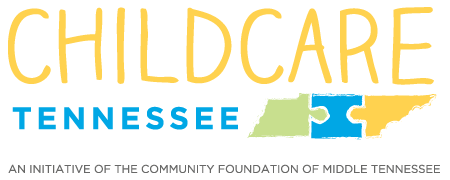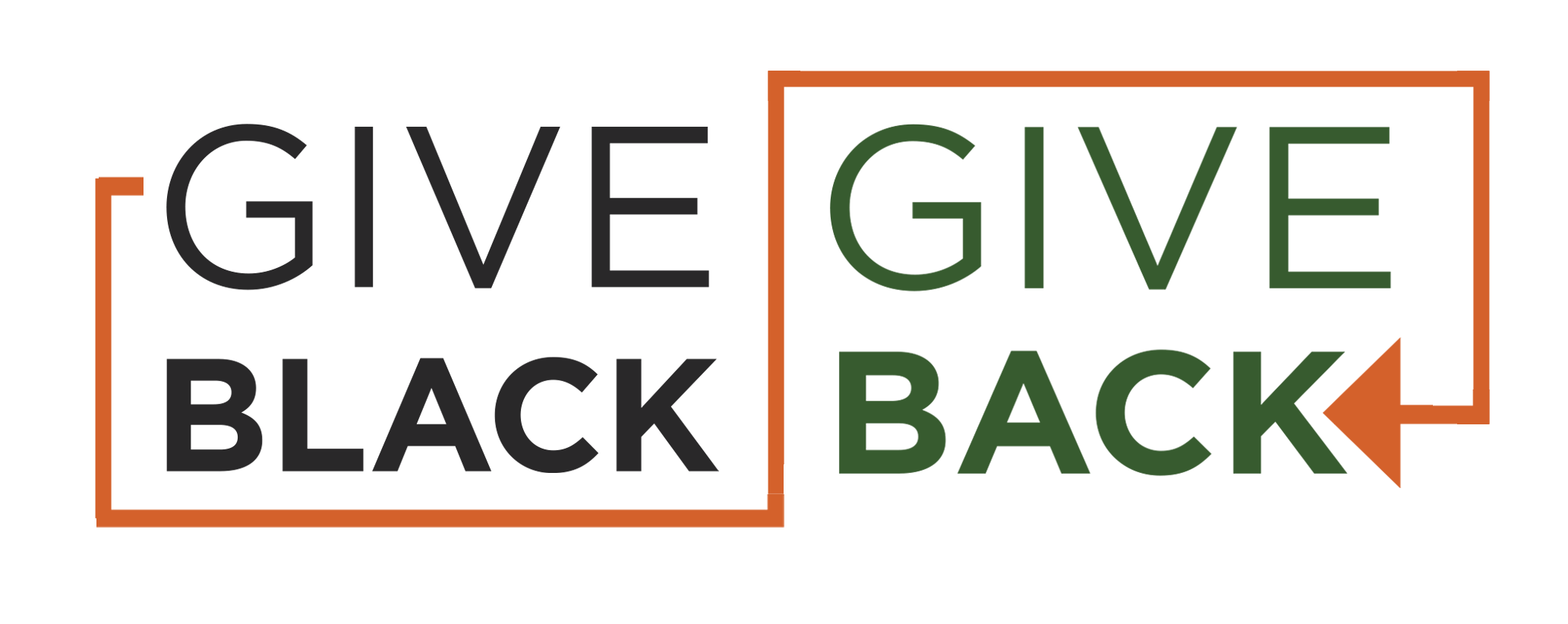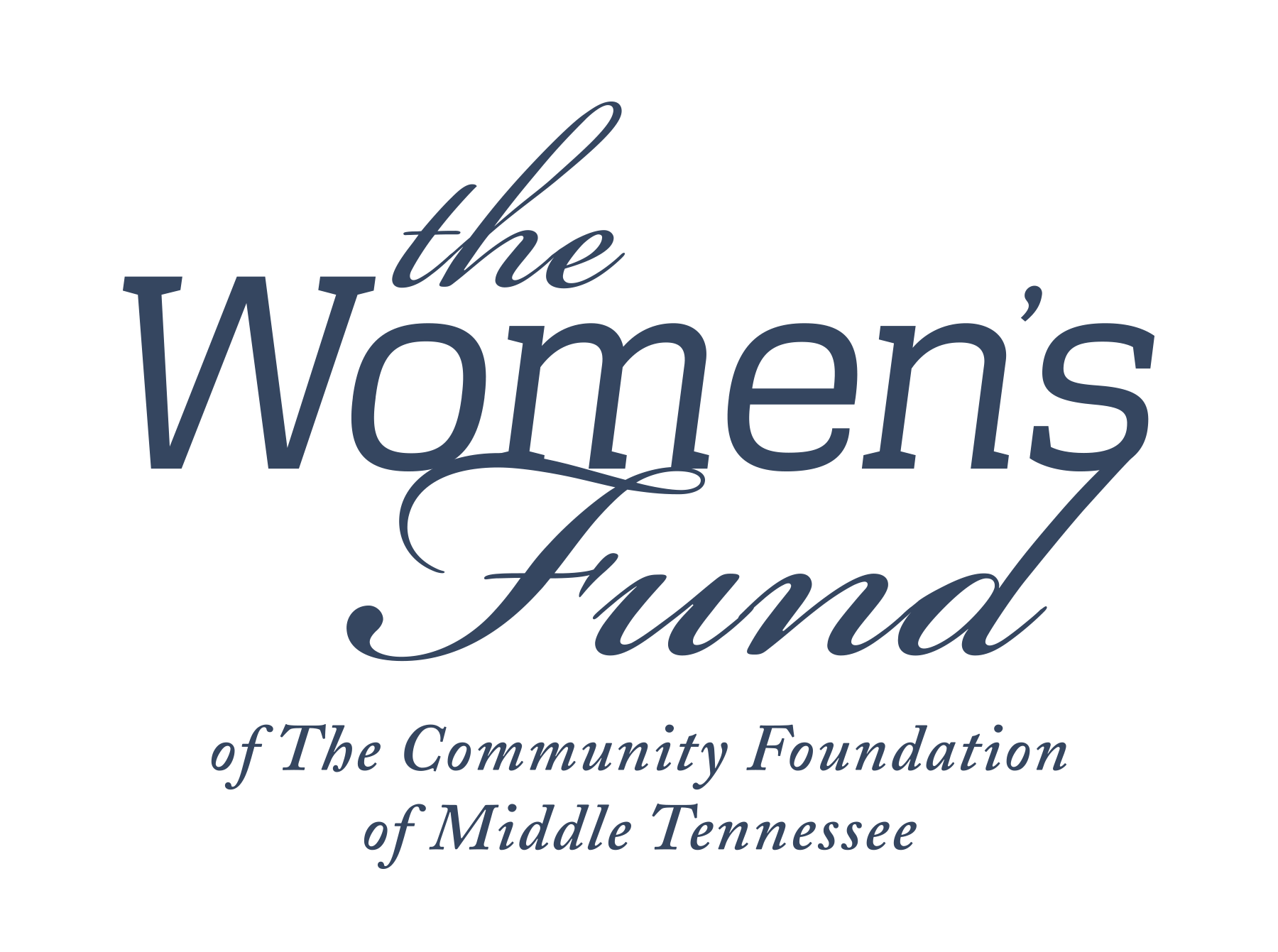More help is coming to child care programs across Tennessee.
ChildcareTennessee, an initiative of The Community Foundation of Middle Tennessee, and the Tennessee Department of Human Services (TDHS) are offering additional financial support to licensed child care agencies through the Child Care COVID Relief Grant Program.
Under this program, an additional $15 million will be available to licensed child care programs to support business operations and costs related, but not limited to:
- Cleaning and sanitation
- Increased operating expenses such as salaries, insurance, rent, and personal protective equipment
“Availability of quality child care is critical to Tennessee communities and continuing economic recovery from the COVID-19 pandemic,” TDHS Commissioner Clarence H. Carter said. “These grants will support child care providers with the financial assistance they need for expenses like cleaning, salaries, and PPE [personal protective equipment] so they can continue delivering care that is safe, healthy, and educationally rich.”
ChildcareTennessee is administering the grants in collaboration with TDHS. Over the next four to six weeks, child care providers licensed with the state will be contacted directly by ChildcareTennessee and will be given instructions on how to apply for funds through a simplified process based upon their licensed capacity.
“There is a light at the end of the tunnel, but we’re not quite there yet,” said Gina Tek, Senior Manager of ChildcareTennessee. “By offering this continued support to child care providers, we are ensuring child care is available as Tennessee’s economic recovery from the coronavirus pandemic continues.”
Since March 2020, the two organizations have distributed more than $52 million to child care agencies across Tennessee, preventing closures and keeping child care available to essential workers.
Apart from COVID Relief Grants, applications for the second year of Support and Enhancement Grants also are open. Agencies can apply for up to $4,000 to increase capacity, hire human resources consultants and coaches, enhance equipment — including appliances such as refrigerators and dishwashers — and purchase program materials, including supplies.
Child care programs in one of the 11 economically distressed counties identified by the State of Tennessee may apply for up to $5,000. These counties are: Lake, Lauderdale, Hardeman, Perry, Wayne, Clay, Grundy, Bledsoe, Scott, Hancock and Cocke.
For more information about each of these grants and additional resources for child care agencies, such as Shared Services and access to Bulk Purchasing opportunities, visit ChildcareTennessee.com.
About ChildcareTennessee
ChildcareTennessee, an initiative led by The Community Foundation of Middle Tennessee, focuses on collaborative opportunities in our child care centers’ administrative, programmatic and operational services. ChildcareTennessee’s goal is to improve the quality, accessibility and sustainability of the services offered to the children and families we serve.
About The Community Foundation of Middle Tennessee
The Community Foundation exists to promote and facilitate giving in the 40 counties of Middle Tennessee and beyond. It does this by accepting gifts of any size from anyone at any time and by empowering individuals, families, companies, nonprofits, and communities to respond to needs and opportunities that matter. The Community Foundation works with people who have great hearts, whether or not they have great wealth, to craft solutions that reflect their intentions and goals. The Community Foundation has distributed $1 billion in grants since its inception 29 years ago in 1991. For more information, call 615-321-4939 or visit www.cfmt.org.
About the Tennessee Department of Human Services
The Tennessee Department of Human Services is responsible for licensing and monitoring more than 2,300 child care agencies across the state. The primary purpose of licensing is to support child care agencies in providing environments that are safe, healthy, and educationally rich.
This project is funded through a grant with the Tennessee Department of Human Services and The Community Foundation of Middle Tennessee.






